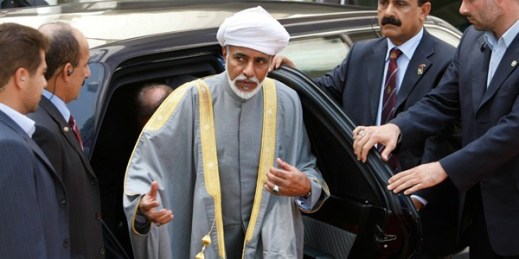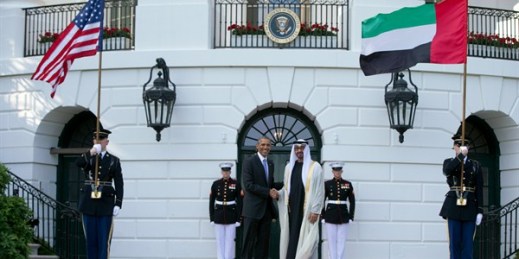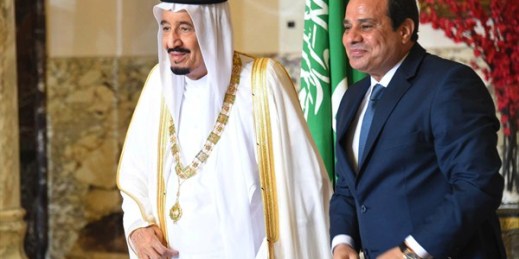
Oman rarely draws international attention in a region overshadowed by the rivalry between Iran and Saudi Arabia and, since last year, the war in Yemen. But the country has emerged as an important element of U.S. policy in the Gulf and wider Middle East, serving as an interlocutor between Riyadh and Tehran. Sultan Qaboos bin Said Al Said—the Middle East’s longest-reigning monarch, having held power since 1970—has maintained Oman’s relative neutrality in regional conflicts, making the country a hub for delicate negotiations. For many years, Oman has enjoyed the best relations with Iran of any member of the Gulf Cooperation […]


